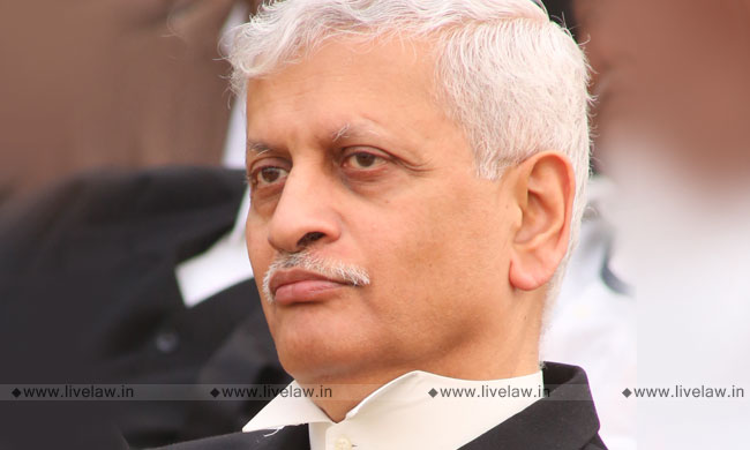'Parliamentary Privileges And A Citizen':Highlights From Justice UU Lalit's Speech At Bombay HC
Nitish Kashyap
1 Dec 2019 11:25 AM IST

Next Story
1 Dec 2019 11:25 AM IST
Delivering the inaugural annual lecture of Advocates' Association of Western India (AAWI) in association with Debrief, a legal collaborative, Justice Uday Umesh Lalit spoke on the topic- "Parliamentary privileges and a citizen" on Saturday morning at the Central courtroom of the Bombay High Court. "Justice Shambhaji Shinde, Chief Guest of today's function, all the honourable judges of the...
